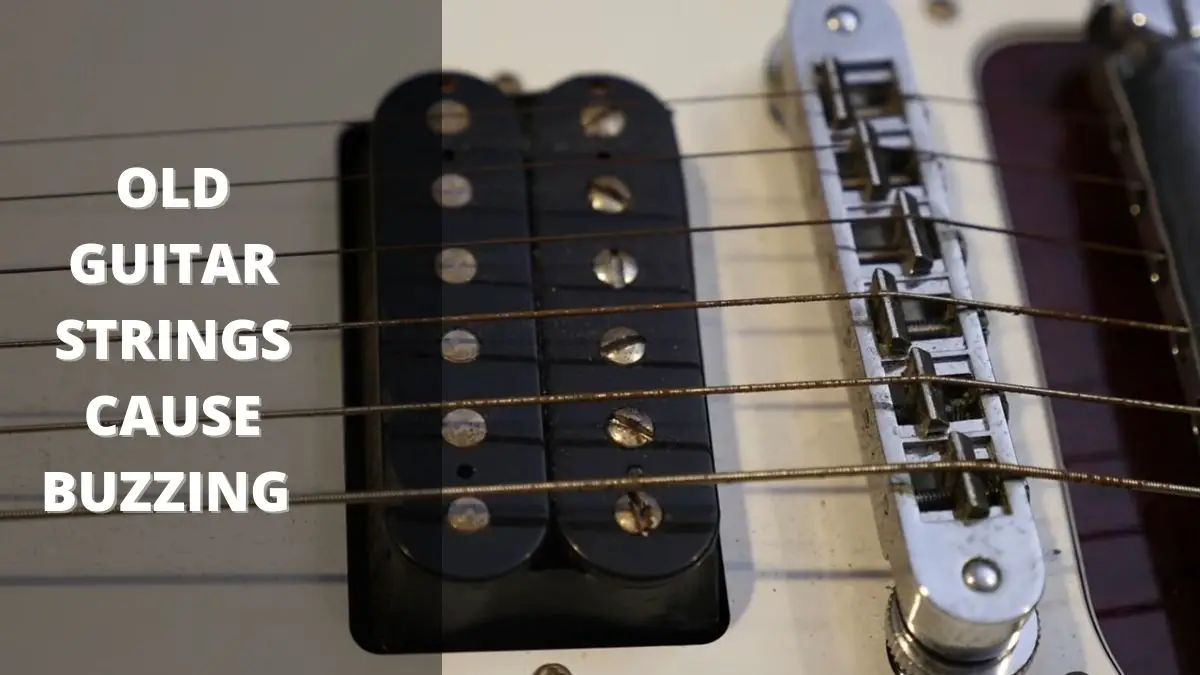One of the least glamorous but most important pieces of gear for a musician is the guitar string. A guitar string made with a thin wire of metal, nylon, or gut is one of the main components of the instrument.
Its sound is determined by its make and gauge. Guitar strings come in a variety of makes and gauges, which can be selected to suit the player’s individual style.
Though they may not get a lot of attention, old guitar strings can have a big impact on your sound. That’s why it’s important to know when to change them.
Guitar strings should be changed every time you change your tuning, which for most people is every time they play a new song. If you’ve ever changed a set of guitar strings, you know how much effort it takes to get them off.
Many players have damaged the end of their guitar or even snapped the headstock while trying to remove an old string. String removal can be made easier with the right tool. However, constant string removal or changing it can damage it and cause buzzing.
What does string buzzing in guitar mean?
String buzzing in guitar playing refers to the sound that is created when a string is played near the fretboard or pressed down against the fingerboard.
This happens when the player’s finger is too close to the fret, which causes the string to vibrate not only between the bridge and the fingertip but also against the fret itself. This produces a buzzing noise that can be clearly heard if you listen closely.
Can old guitar strings cause buzzing?
There are several causes of string buzzing. When a guitar string is new, it’s tight and produces a bright sound. Over time, that string will loosen, and the sound will dull. But what if your guitar string is too loose? Can old guitar strings cause buzzing? The answer is yes.
There are also a number of other reasons why a guitar might buzz. In some cases, it may be due to an issue with the instrument itself. In other cases, it could be because of something the player is doing. Here are some of the most common reasons for guitar buzzing:
- Poorly adjusted strings can cause a guitar to buzz. When the strings are too tight or too loose, they can start to vibrate in an irregular manner, which can cause buzzing. If a guitar string is too loose, it can vibrate against the fretboard and create a buzzing sound. If you have ever heard a buzzing sound on a guitar, it was most likely caused by an old string. The vibration of the string against the fretboard can cause a buzz, and this is also why some people believe that guitar strings should be changed regularly.
- Another reason is that the strings are not properly seated on the bridge. If the strings are too high off of the bridge, they will buzz when you play them. You can remedy this by lowering the strings down until they are seated properly on the bridge.
- String buzzing can happen when the nut of your guitar may be too low. This can cause the strings to buzz against the frets. Some guitarists have thicker strings so that they can lower the nut.
- If you are using high-quality strings, and you are playing a well-made instrument, then most likely your guitar will have a buzz because of the way it is made.
- Another reason could be that the strings are old and need to be replaced.
Ways to fix your buzzing strings
Guitar strings cause buzzing and it can be frustrating for guitarists. However, string buzzing is a problem that can be fixed. So if you are having any problems with your guitar strings, then you should take them to a guitar shop and have them changed out.
- First, make sure your guitar is in tune. If the strings are too loose, they will buzz against the frets. You can tighten the strings by turning the tuning pegs on the head of the guitar.
- If the strings are too tight, they will also buzz. Loosen them by turning the tuning pegs in the opposite direction.
- String buzz is most commonly caused by a poorly adjusted tremolo arm. If your guitar has a tremolo system you probably have a string tree (a small piece of wood that holds the strings in place). This may be either an internal or external one.
- If the string tree is not properly adjusted it can cause the strings to buzz against the nut slots. The nut slots are cut too deep and the strings will hit them while they are being played. To adjust the string tree, take the strings off. The nut slots should be flush with the edge of the string tree. If the slots are too deep you will need to make them deeper.
Avoid string buzzing
Here are five tips to help you maintain your guitar and avoid string buzzing:
- Keep your guitar in a case or gig bag when not in use.
- Clean the strings and the fretboard regularly.
- Inspect the neck for any warping or bending.
- Tune your guitar regularly.
- Replace the strings when they start to wear out.
Conclusion
String buzz is a common problem for guitarists. The strings are the most important element in a guitar and should be looked after.
Guitarists should always maintain their strings. Not only will this result in a better-sounding guitar, but it will also extend the life of the strings.
There are many ways to maintain strings, and each guitarist should find the method that works best for them.


